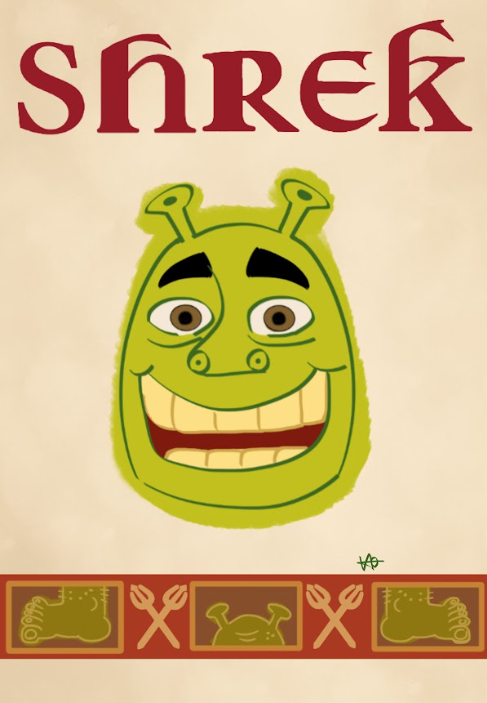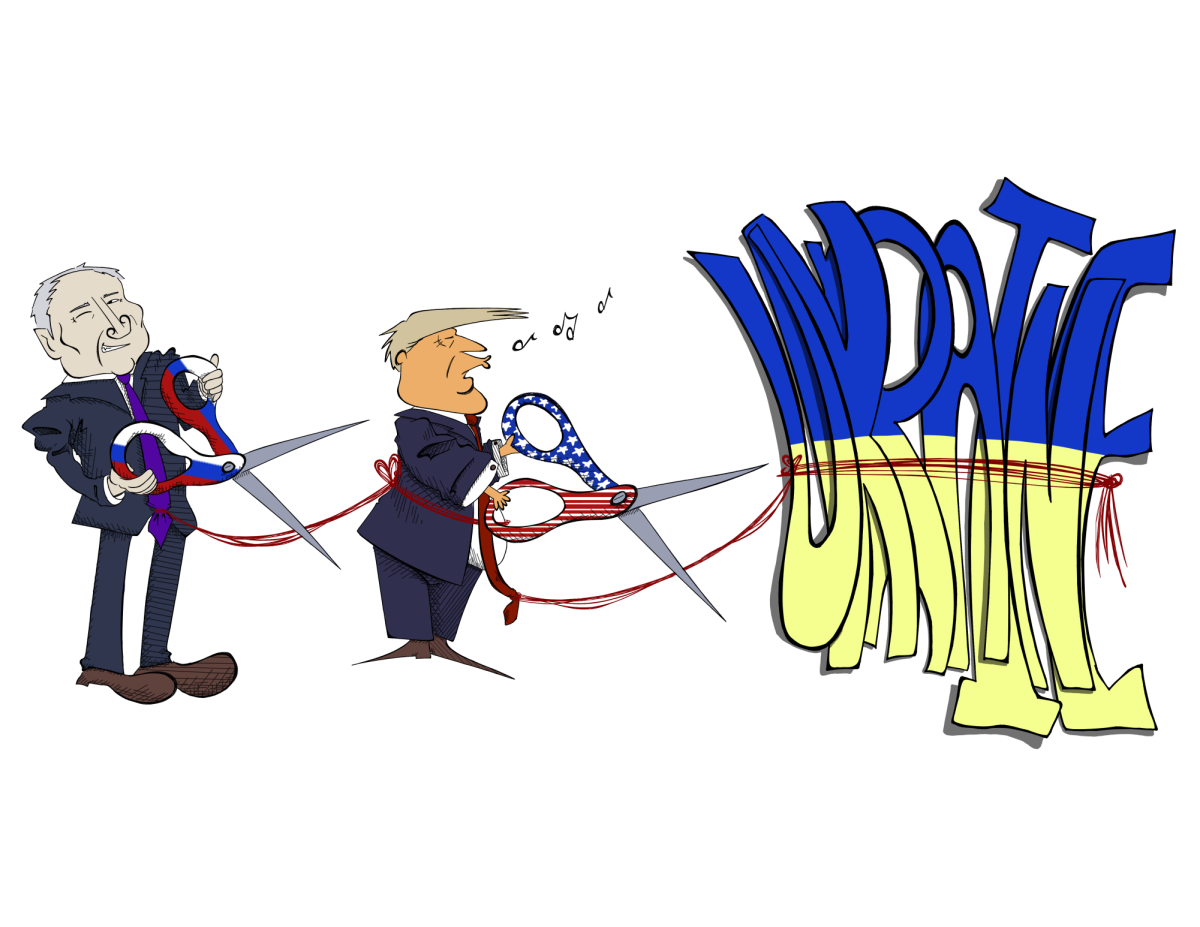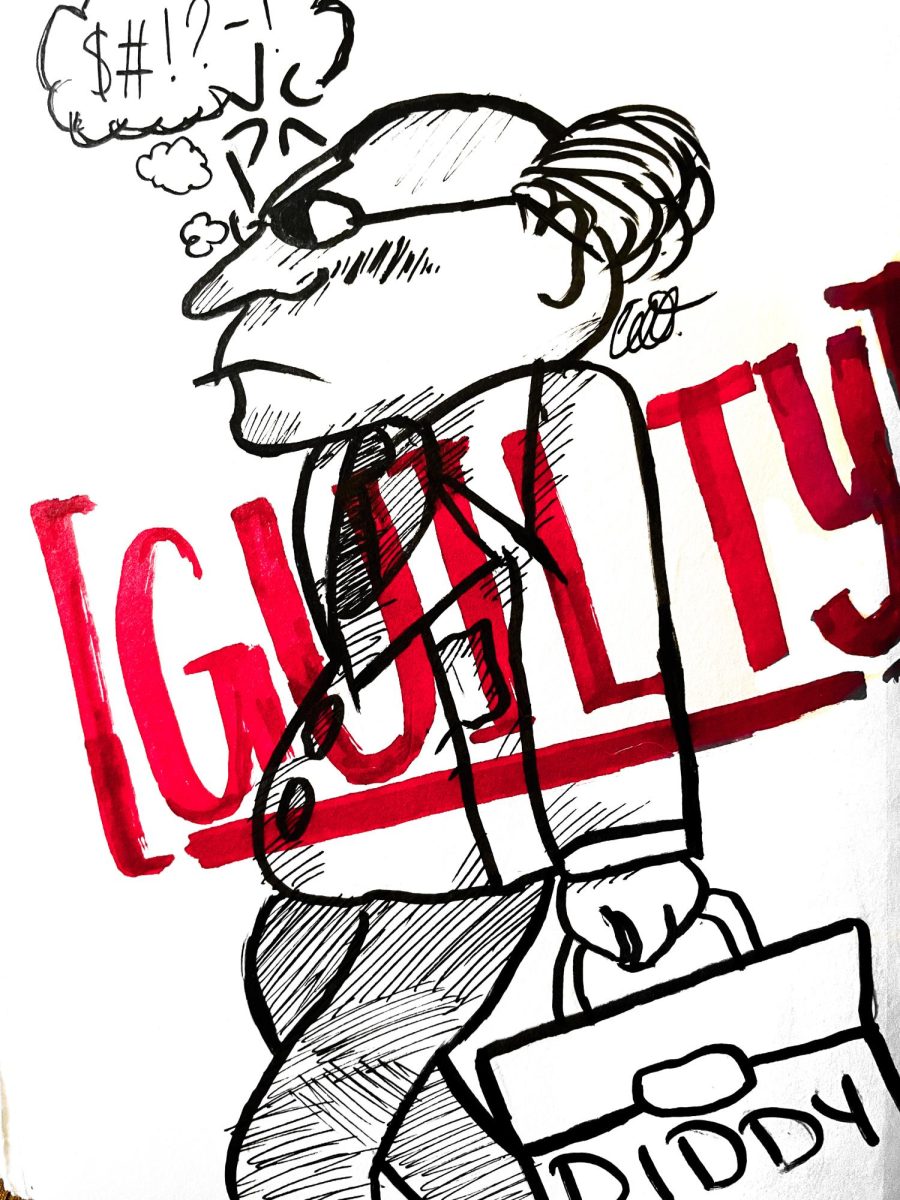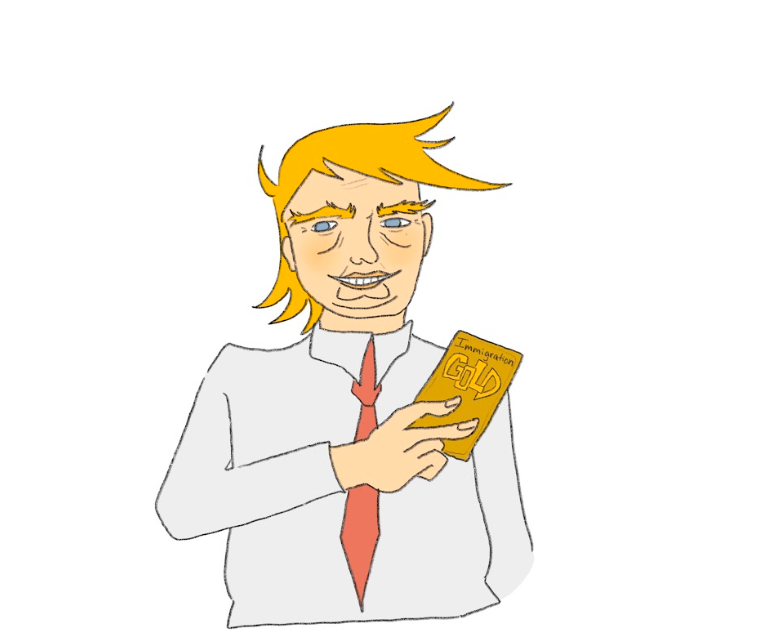There are some things you just can’t say. Literally. There are more things in heaven and earth, Horatio, than are dreamt of in your lexography.
But even if we did invent the words to represent these ‘unsayable’ things, and maybe we have, they would be useless in conversation with anyone who wasn’t already familiar with them. There are two components to a word: symbol and idea. The symbol is the word itself, it’s what you say, see or hear, and beneath that is the idea, the thing being represented by the symbol. Thus there are no symbols without ideas, but plenty of ideas without symbols.
A distinction must be made between symbols and ideas: though a symbol must refer to an idea, symbols are not ideas. Symbols — words, sentences, and so on — are inventions with a degree of understood meaning. And they are doubly constructed because, in order to define a word, one must use other words, which in turn are defined by other words.
All languages are systems for understanding experiences and communicating those understandings. Each linguistic system is an attempt to make sense of the infinite complexity of life. Unfortunately, the limitations of language are both infinite and complex.
In the first place, there are far too many symbols. And far too few. Both in the incidence of synonyms within a language and between languages, there are inevitably multiple symbols for the same, or incredibly similar, ideas — and yet the very fact of their difference prevents words from being interchangeable.
In the second place, symbols cannot be relied upon to consistently refer to the same idea. They have multiple meanings, contextual variations, and they change over time. Moreover, each language has its own unique linguistic and syntactical rules that determine usage and function, and thus meaning.
But the most frustrating impediment of all is that every word must always refer to at least two distinct ideas: speaker and listener, writer and reader. Each of us, as individuals, have our own ideas and experiences to which symbols refer. And when we use these symbols, somehow we’ve got to compress the ineffable particulars of our own experience into what — a few syllables or scribbles?
Not to mention, the impossible task of trying to understand what someone else has said in their terms and not your own.
The insidiousness of language is insurmountable; it is all-pervading. For it is not just between individuals that words leave their mark, but within individuals as well. We think in words and so they stamp themselves onto our very consciousnesses. Those things that can’t be said, they can’t be thought either, not without contorting them to fit the parameters of language.
What’s even more absurd is that the solution to the problem of language seems to be more language. Knowing the nature of the existing limitations better allows one to negotiate the minefield of discourse; however there is a risk of studying too much, and finding yourself stuck with a system that lets you say exactly what you mean to say, but in a way that no one else can understand. Maybe it’s best to just stay silent.












